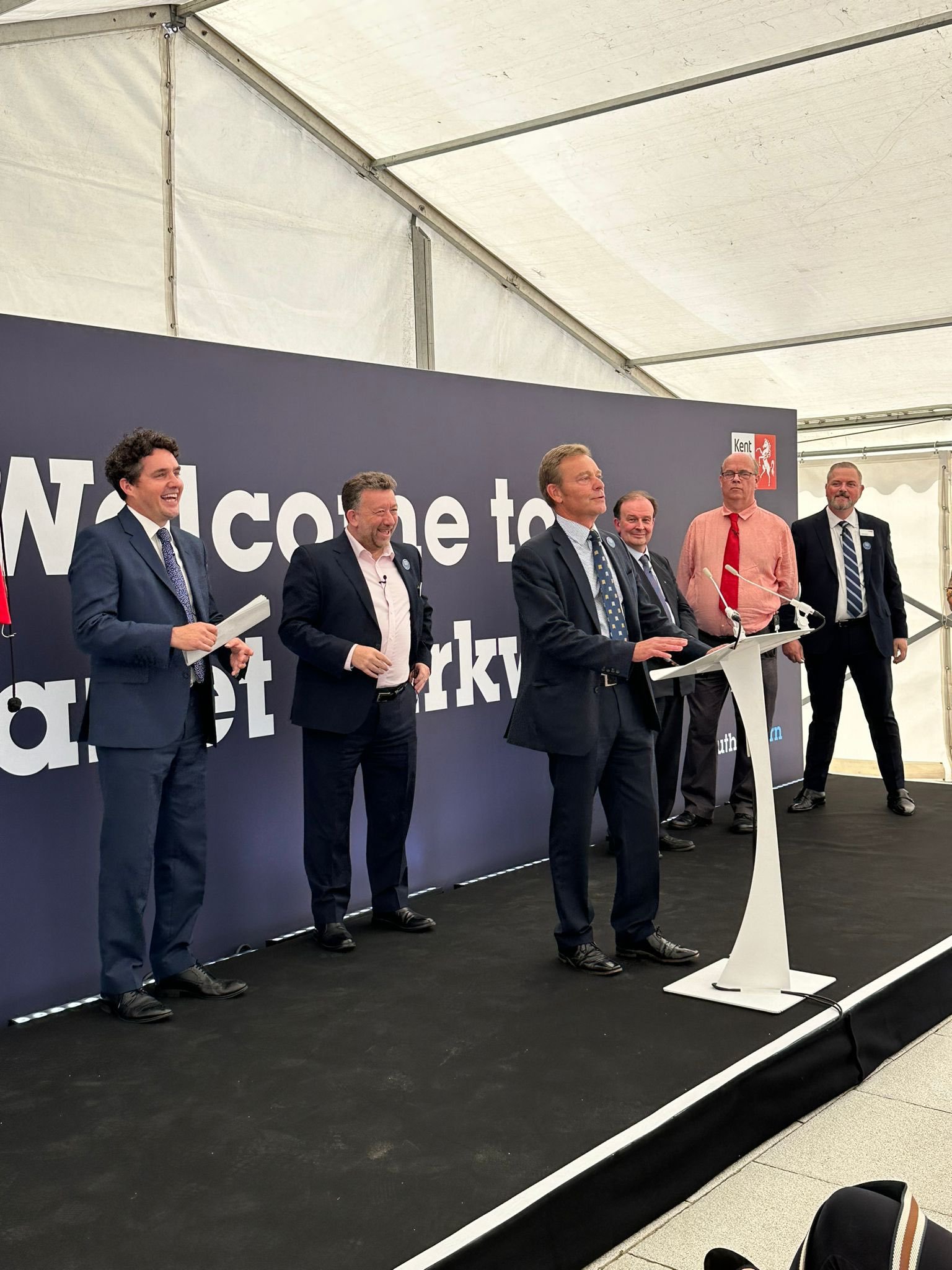The Government have confirmed that the Embassy Truck Park on Ramsgate Road in Sandwich will receive £150,500 from the first tranche of the HGV Parking and Driver Welfare Match-Funding Grant Scheme which launched in November 2022. The scheme provides match funding to support Lorry Parking operators to improve HGV driver welfare and means that the projected value of improvements will be in excess of £300,000.
The Minister for Roads and Local Transport, Richard Holden MP, confirmed that successful bids for the first funding window will result in approximately £19 million investment in improvements with £8 million Government funding, leveraging £11 million of industry investment. Tranche one will deliver around 660 additional HGV parking spaces nationally.
Craig Mackinlay MP, commented:
“This funding is very welcome and will mean improvements to toilets, shower facilities and rest areas, lighting systems, CCTV and security, as well as additional parking spaces. For too long UK facilities have lagged behind what is offered abroad leading to use of lay-bys and haphazard overnight parking causing aggravation to communities across East Kent.
“Welfare facilities and security for our HGV drivers is of the utmost importance at what is a challenging time for our road hauliers, especially as we need to encourage a new generation of heavy goods drivers into the industry. Poor facilities have undoubtedly detracted from this as a career choice."
Roads Minister, Richard Holden MP, added:
“Craig has been campaigning hard for this and I’m glad that Embassy Truck Park now has a significant capital sum for a safer, more secure, lorry park to improve driver welfare, reduce crime with greater security and ensure there are better places for lorries to stay when they need to stop, rather than at the roadside.”
A second bidding round will commence in early Autumn 2023 and further information on application procedures and priority themes for this round will be available on gov.uk in due course.





